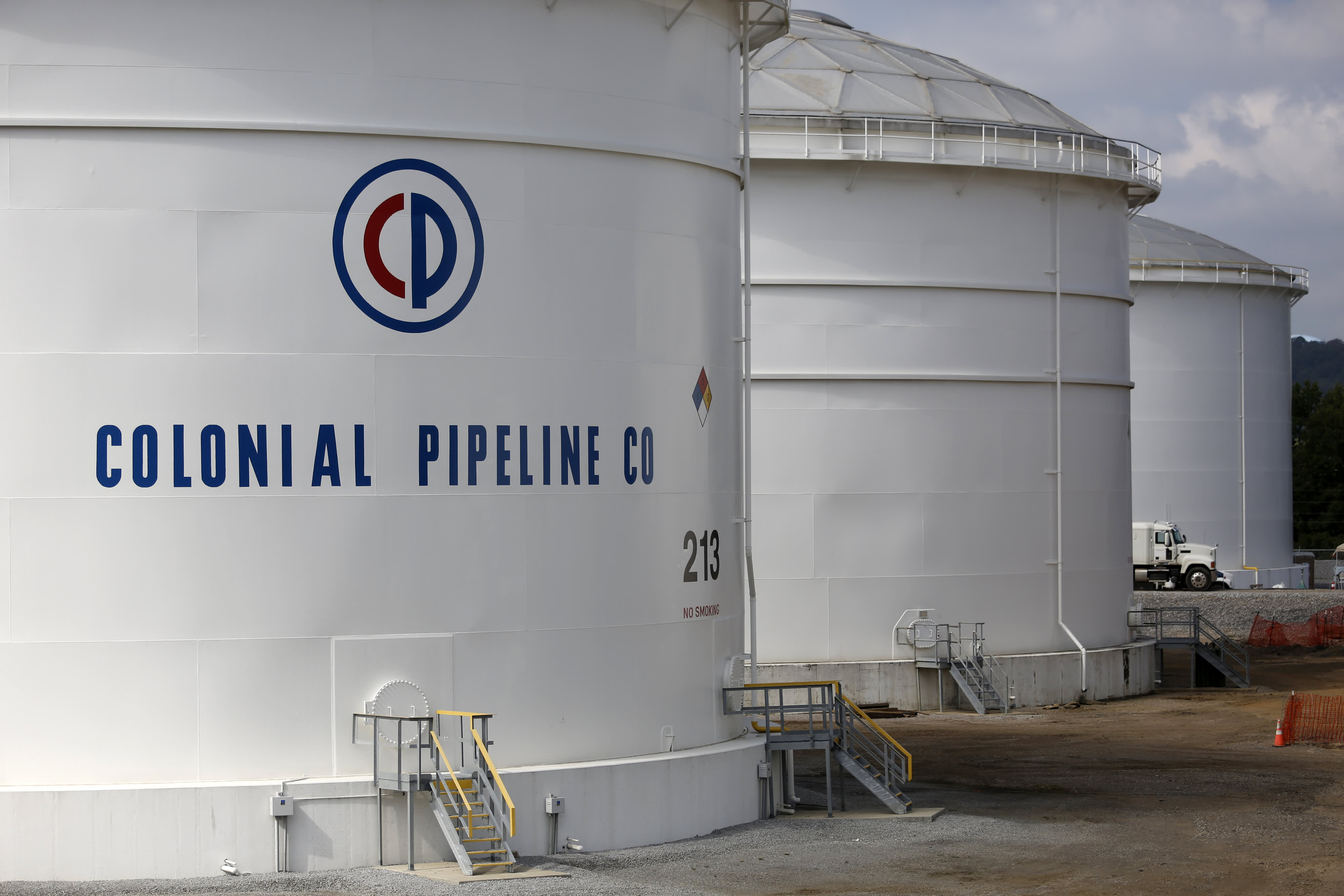A Wake-Up Call: The Colonial Pipeline Ransomware Attack
On May 7, 2021, the United States experienced one of the most significant cyberattacks in its history when the Colonial Pipeline, a major fuel pipeline operator, fell victim to a ransomware attack. This incident not only disrupted fuel supplies across the East Coast but also highlighted the vulnerability of critical infrastructure to cyber threats.
What Happened?
The Colonial Pipeline, which supplies nearly half of the East Coast’s fuel, was forced to shut down its operations after a ransomware attack encrypted its data. The attack was perpetrated by a cybercriminal group known as DarkSide. They managed to infiltrate the company’s network, gaining access to sensitive systems. Once inside, they deployed ransomware that encrypted critical data and demanded a ransom payment for the decryption key. The severity of the incident forced Colonial Pipeline to halt its operations entirely to prevent further damage and assess the extent of the breach.
Immediate Impact
The shutdown of the Colonial Pipeline led to widespread fuel shortages and panic buying. Gas stations across multiple states reported running out of fuel, and prices at the pump rocketed. The federal government issued emergency declarations to mitigate the impact and ease the transportation of fuel by other means. 1
Response and Resolution
Colonial Pipeline reportedly paid a ransom of approximately $4.4 million in Bitcoin to the attackers. The decision to pay the ransom was made to quickly regain access to their encrypted data and restore operations. However, the decryption process was slow and cumbersome, requiring several days to fully restore the pipeline’s systems and resume normal operations. During this period, Colonial Pipeline worked closely with federal authorities, including the FBI and the Cybersecurity and Infrastructure Security Agency (CISA), to investigate the attack and implement additional security measures.
Department of Justice later announced that it had recovered a significant portion of the ransom payment.2
Lessons Learned
1. Critical Infrastructure Vulnerability
The attack underscored the sensitivity of critical infrastructure to cyberattacks. Systems that manage essential services like fuel, electricity, and water are increasingly targeted by cybercriminals due to their importance and the potential impact of their disruption.
2. The Importance of Cybersecurity
Organizations, especially those operating critical infrastructure, must prioritize cybersecurity measures. This includes regular security assessments, employee training, and investment in advanced security technologies to detect and prevent cyber threats.
Allocating resources towards the enhancement of the company’s security measures and maintaining a robust defense system is a more cost-effective strategy than dealing with the financial implications of a ransom payment.
3. Incident Response and Contingency Planning
The Colonial Pipeline incident highlighted the need for robust incident response and contingency plans. Organizations should have strategies in place to quickly respond to cyber incidents, minimize damage, and ensure business continuity.
4. Government and Industry Collaboration
The attack demonstrated the necessity for collaboration between the government and the private sector. Effective communication and coordinated efforts are essential to address cybersecurity threats and protect national infrastructure.
Moving Forward
In the aftermath of the Colonial Pipeline attack, there has been a renewed focus on strengthening cybersecurity defenses across all sectors. Legislative and regulatory measures are being considered to enforce stricter cybersecurity standards for critical infrastructure operators. Additionally, organizations are increasingly adopting a proactive approach to cybersecurity, recognizing that it is not just an IT issue but a fundamental aspect of operational resilience and national security.
Timeline
timeline
title The Colonial Pipeline Ransomware Attack
2021-05-07 : Ransomware Attack Begins
2021-05-08 : Pipeline Shutdown
2021-05-09 : Federal Response
2021-05-10 : Ransom Paid
2021-05-12 : Operations Resume
2021-05-13 : Fuel Shortages Peak
2021-06-07 : Ransom Recovery
